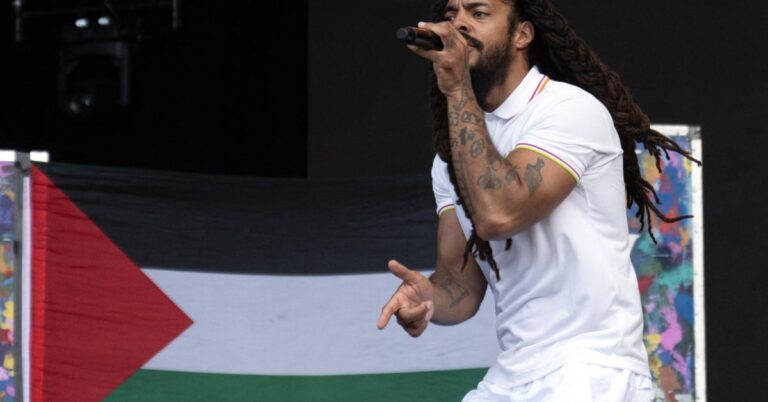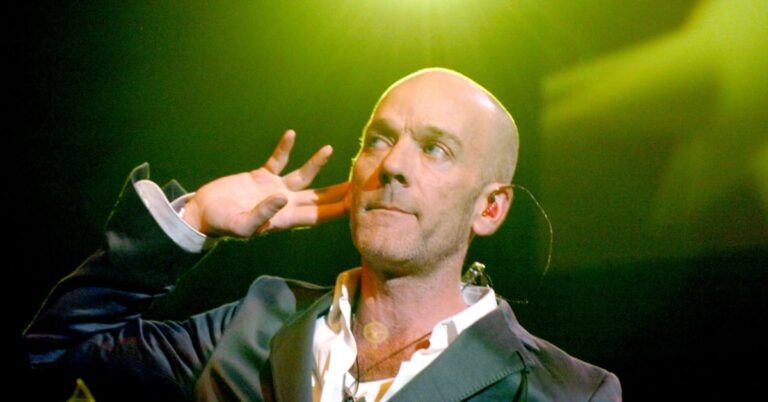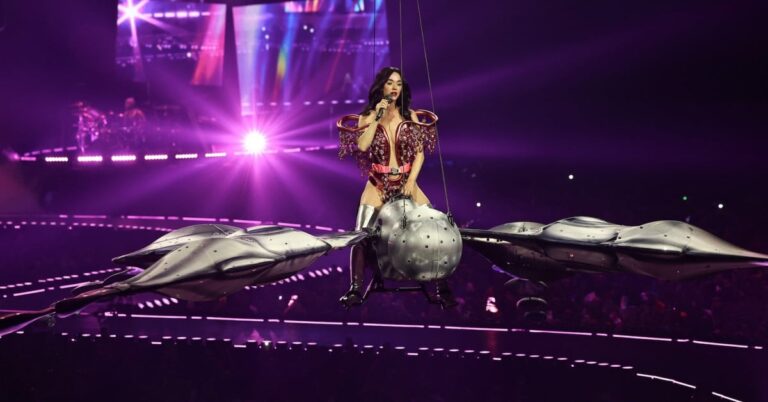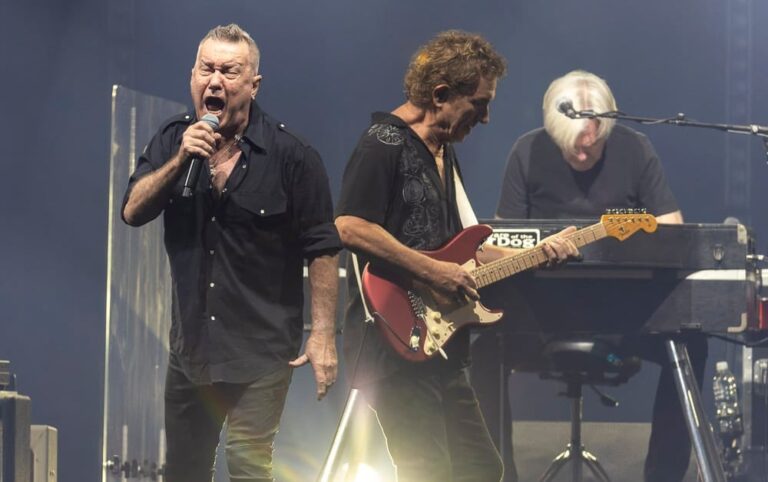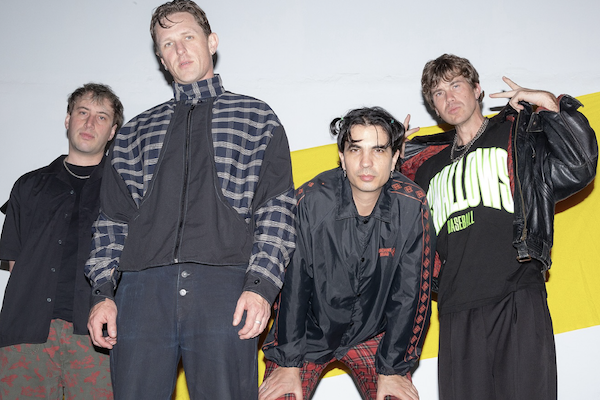Massive Attack Forms Alliance to Support Musicians Opposing Industry Intimidation

Massive Attack’s Stand for Artistic Freedom
Massive Attack has launched a supportive initiative for artists who are facing intimidation within the music industry regarding their advocacy for Palestine and Gaza. The band shared their intentions via Instagram, emphasizing their aim to safeguard fellow musicians from the “organized censorship” that many have experienced when voicing their opinions.
Artists Speaking Out
In their message, Massive Attack expressed deep concern over the escalating situation in Gaza. They stated, “We write as artists who’ve chosen to use our public platforms to speak against the genocide occurring there and the UK Government’s role in it.” The band has endured various forms of intimidation in their own careers, which they now want to address on behalf of others, particularly emerging artists who may be more vulnerable.
They voiced a powerful call to action, encouraging artists who feel threatened to reach out. “We won’t stand by as others are silenced or see their careers jeopardized,” they affirmed.
Demands for Change
Ending their statement, the band listed urgent demands, including ensuring immediate access to Gaza for international aid organizations and ceasing the targeting of medical and aid workers.
In a further statement, Massive Attack elaborated on the importance of solidarity among artists, particularly those struggling under censorship. They highlighted the different pressures artists face from both the industry and external legal entities that often discourage them from expressing their views.
Support from Fellow Musicians
Other musicians have rallied behind this cause, with notable artists like Kneecap, Fontaines D.C., Brian Eno, and Garbage showing their support on social media. Kneecap demanded an end to the threats and censorship against artists speaking about the situation in Palestine, urging their peers to “Speak out. Stand up. We are the majority.”
Consequences for Vocal Artists
Recently, several artists have faced backlash for their political expressions during performances. For instance, Kneecap’s Mo Chara was charged with a terror offense for allegedly displaying a Hezbollah flag onstage, demonstrating the risks artists encounter when they address controversial topics.
Bob Vylan also stirred controversy during a Glastonbury performance, leading to severe consequences including being dropped by their booking agency. At a subsequent concert, Vylan addressed the incident candidly, reaffirming their mission for Palestinian liberation and declaring, “Each and every single time, they will not silence us.”
By forming this alliance, Massive Attack highlights a crucial moment in music where artists can unite for shared causes. This solidarity emphasizes the importance of vocal expression in the face of adversity. How can artists continue to advocate for important issues while navigating industry pressures?
